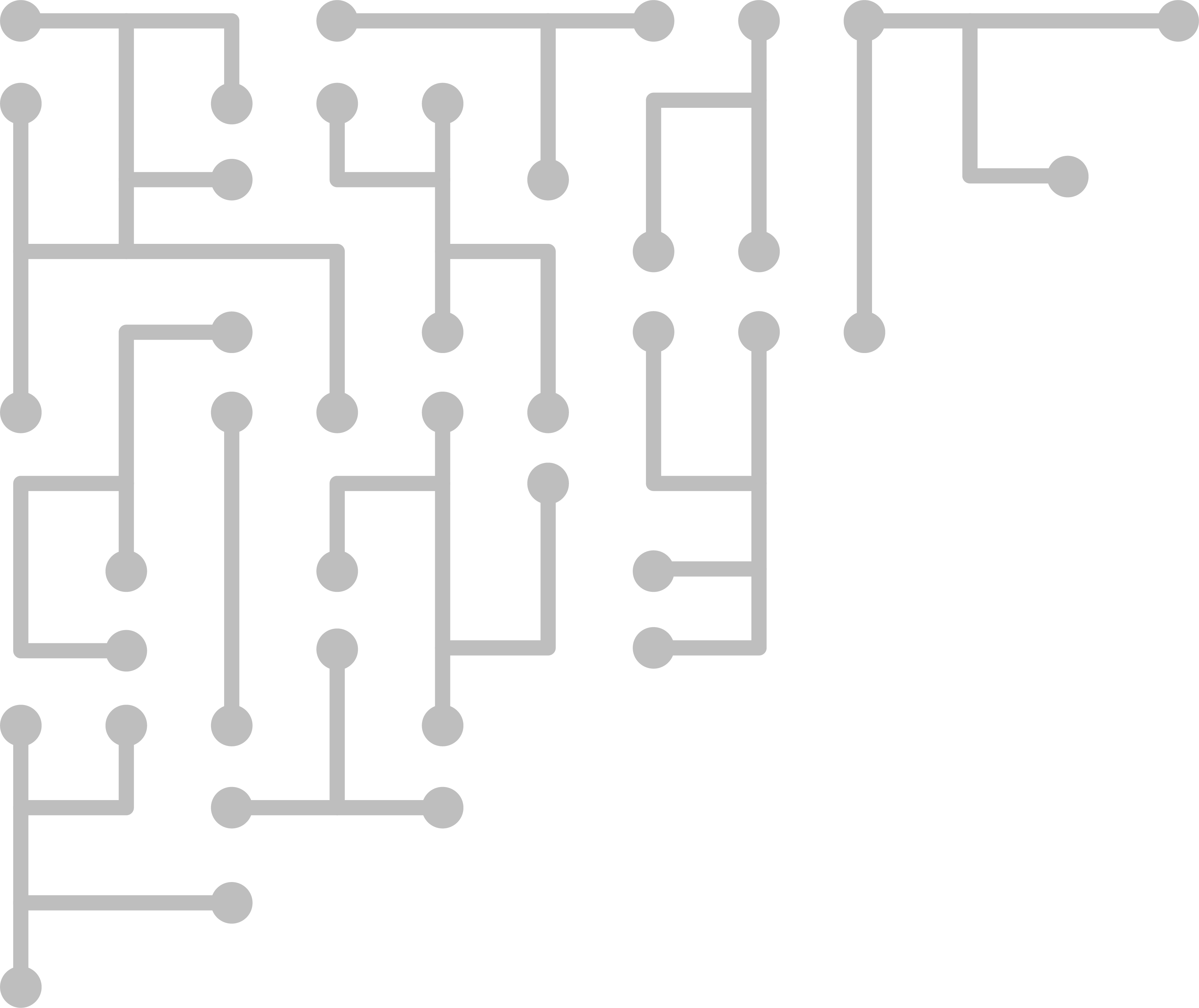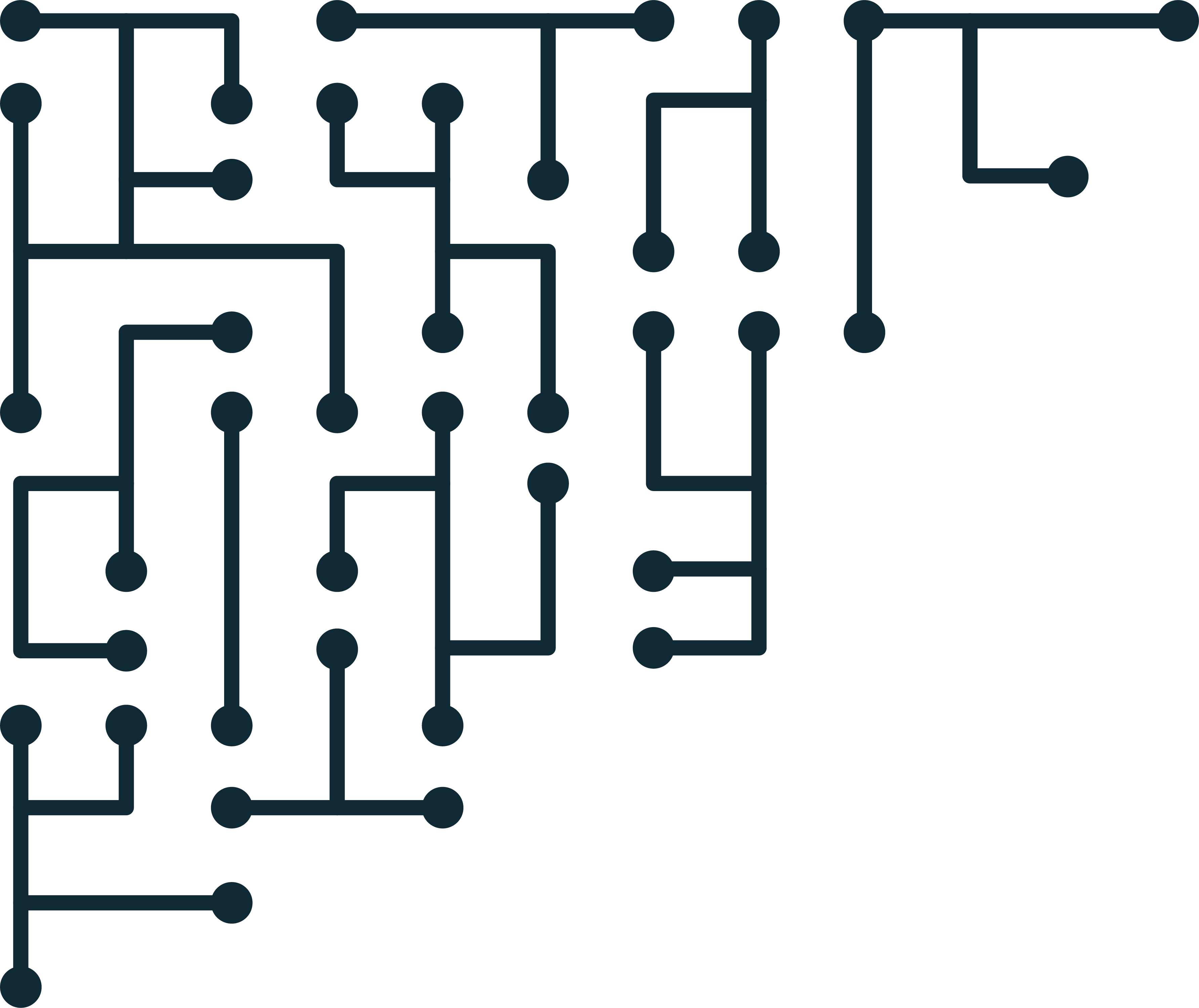SADFE-2015
Tenth International Conference on
Systematic Approaches to Digital Forensics Engineering
September 30 – October 2, 2015, Malaga, Spain
Important dates
- Paper Due Date: June 24, 2015 (anywhere in the world)
- Acceptance Notification Date: August 15, 2015
- Final Paper: September 1, 2015
- Conference: September 30 – October 2, 2015
Invitation to submit
We invite you to SADFE-2015, the tenth international conference on Systematic Approaches to Digital Forensic Engineering to be held in Malaga, Spain, September 30 – October 2, 2015.
Digital forensics engineering and the curation of digital collections in cultural institutions face pressing and overlapping challenges related to provenance, chain of custody, authenticity, integrity, and identity. The generation, analysis and sustainability of digital evidence require innovative methods, systems and practices, grounded in solid research and understanding of user needs. The term digital forensic readiness describes systems that are build to satisfy the needs for secure digital evidence.
SADFE-2015 investigates requirements for digital forensic readiness and methods, technologies, and building blocks for digital forensic engineering. Digital forensic at SADFE focuses on variety of goals, including criminal and corporate investigations, data records produced by calibrated devices, as well as documentation of individual and organizational activities. Another focus is on challenges brought in by globalization and cross-legislation digital applications. We believe digital forensic engineering is vital to security, the administration of justice and the evolution of culture.
Topics
We welcome previously unpublished papers on engineering approaches for digital forensics, forensic readiness, technical building blocks for secure digital evidence and digital forensics and preservation as to civil, criminal and national security investigations for use within a court of law, the execution of national policy or to aid in understanding the past and digital knowledge in general.
We discuss digital forensic principles in new areas of the information society. We hope you consider submission for this international conference.
Potential topics to be addressed by submissions include, but are not limited to:
- Digital Data and Evidence Management: advanced digital evidence discovery, collection, management, storage and preservation
- Identification, authentication and collection of digital evidence
- Extraction and management of forensic data/metadata
- Identification and redaction of personally identifying information and other forms of sensitive information
- Post-acquisition handling of evidence and the preservation of data integrity and admissibility
- Evidence and digital memory preservation, curation and storage
- Architectures and processes (including network processes) that comply with forensic requirements
- Managing geographically, politically and/or jurisdictionally dispersed data artifacts
- Data, digital knowledge, and web mining systems for identification and authentication of relevant data
- Botnet forensics
- Digital Evidence, Data Integrity and Analytics: advanced digital evidence and digitized data analysis, correlation, and presentation
- Advanced search, analysis, and presentation of digital evidence
- Cybercrime scenario analysis and reconstruction technologies
- Legal case construction and digital evidence support
- Cyber-crime strategy analysis and modeling
- Combining digital and non-digital evidence
- Supporting both qualitative and statistical evidence
- Computational systems and computational forensic analysis
- Digital evidence in the face of encryption
- Forensic-support technologies: forensic-enabled and proactive monitoring/response
• Forensics of embedded or non-traditional devices (e.g.
digicams, cell phones, SCADA, obsolete storage media)
- Innovative forensic engineering tools and applications
- Proactive forensic-enabled support for incident response
- Forensic tool validation: methodologies and principles
- Legal and technical collaboration
- Digital forensics surveillance technology and procedures
- “Honeypot” and other target systems for data collection and
monitoring
- Quantitative attack impact assessment
- Comprehensive fault analysis, including, but not limited
to, DFE study of broad realistic system and digital knowledge
failures, criminal and non-criminal, with comprehensive DFE
(malicious/non-malicious) analysis in theory, methods, and
practices.
• Forensic and digital data integrity issues for digital
preservation and recovery, including
- Technological challenges
- Legal and ethical challenges
- Economic challenges
- Institutional arrangements and workflows
- Political challenges and
- Cultural and professional challenges
• Scientific Principle-Based Digital Forensic Processes:
systematic engineering processes supporting digital evidence
management which are sound on scientific, technical and legal
grounds
- Legal/technical aspects of admissibility and evidence tests
- Examination environments for digital data
- Courtroom expert witness and case presentation
- Case studies illustrating privacy, legal and legislative issues
- Forensic tool validation: legal implications and issues
- Legal and privacy implications for digital and computational
forensic analysis
- Handling increasing volumes of digital discovery
- New Evidence Decisions, e.g., United States v. Jones, _ U.S._
(2012) and United States v. Kotterman, _ F.3d _ (9th Cir. 2013)
- Computational Forensics and Validation
- Transnational Investigations/Case Integration under the
Convention on Cybercrime of the Council of Europe
- Issues in Forensic Authentication and Validation.
• Legal, Ethical and Technical Challenges
- forensic, policy and ethical implications of The Internet of
Things, The “Smart City,” “Big Data” or Cloud systems
Important dates
- Paper Due Date: June 24, 2015 (anywhere in the world)
- Acceptance Notification Date: August 15, 2015
- Final Paper: September 1, 2015
- Conference: September 30 – October 2, 2015
Publication
SADFE-2015 papers will be published in the Journal of Digital Forensics, Security and Law (JDFSL) and will undergo a double-blind review process.
Best paper award
A Best Paper Award will be made for the final papers.
Submission Instructions
Manuscripts submitted are expected to be:
- new and original,
- well organized and clearly written,
- of interest to the academic and research communities,
- not published previously, and
- not under consideration for publication in any other journal or book
PLEASE NOTE: To be published an author of an accepted paper is required to register for the conference. Non-refundable registration fees must be paid prior to uploading the final JDFSL formatted, publication-ready version of the paper.
All submissions should be written in English with a maximum paper length of six (6) printed pages (minimum 10-point font) including figures, without incurring additional page charges.
To ensure a blinded review process, the following information should be excluded from the submission:
- Authors Names section
- Biography section
- Acknowledgments section (if it contains information identifying
the authors).
If an article is accepted, author(s) must provide a version in either Microsoft Word or LaTeX with graphics (figures) in GIF, TIF, or PowerPoint formats. Permissions for reprinted material are the sole responsibility of the author(s) and must be obtained in writing prior to publication.
Templates are available for:
Microsoft Word: www.jdfsl.org/files/JDFSL-Template-2014.docx
Only PDF files will be accepted for the review process, and all
submissions must be done through Easychair. The submission site is
already open. Visit the SADFE 2015 EasyChair submission page to submit
your manuscripts.
OrganizationGeneral Chair: Antonio Maña (University of Malaga)
Program Committee Co-Chairs:
Carsten Rudolph (Huawei European Research Center)
Nicolai Kuntze (Huawei European Research Center)
Barbara Endicott-Popovsky (University of Washington)
Publication Chair: Ibrahim Baggili (University of New Haven)
Publicity Chair Europe: Joe Cannataci (University of Malta)
Publicity Chair North-America: Dave Dampier (Mississippi State University)
Publicity Chair Asia: Ricci Ieong (University of Hong Kong)
Steering Committee
Deborah Frincke, Co-Chair (Department of Defense)
Ming-Yuh Huang, Co-Chair (Northwest Security Institute)
Michael Losavio (University of Louisville)
Alec Yasinsac (University of South Alabama)
Robert F. Erbacher (Army Research Laboratory)
Wenke Lee (George Institute of Technology)
Barbara Endicott-Popovsky (University of Washington)
Roy Campbell (University of Illinois, Urbana/Champaign)
Yong Guan (Iowa State University)
Program Committee
Sudhir Aggarwal, Florida State University
Galina Borisevitch, Perm State University
Frank Breitinger, University of New Haven
Joseph Cannatacci, University of Groningen
Long Chen, Chongqing University of Posts and Telecommunications
Raymond Choo, University of South Australia
K.P. Chow, University of Hong Kong
David Dampier, Mississippi State University
Hervé Debar, France Telecom R&D
Barbara Endicott-Popovsky, University of Washington
Robert Erbacher, Northwest Security Institute
Xinwen Fu, UMass Lowell
Simson Garfinkel, Naval Postgraduate School
Brad Glisson, University of Glasgow
Lambert Großkopf, Universität Bremen
Yong Guan, Iowa State University
Barbara Guttman, National Institute for Standards and Technology
Brian Hay, University of Alaska, Fairbanks
Jeremy John, British Library
Ping Ji, John Jay College Of Criminal Justice
Andrina Y.L. Lin, Ministry of Justice Investigation Bureau
Pinxin Liu, Renmin University of China Law School
Michael Losavio, University of Louisville
David Manz, PNNL
Nasir Memon, Polytechnic Institute of NYU
Mariofanna Milanova, University of Arkansas at Little Rock
Carsten Momsen, Leibniz Universität Hannover
Kara Nance, University of Alaska, Fairbanks
Ming Ouyang, University of Louisville
Gilbert Peterson, Air Force Institute of Technology
Slim Rekhis, University of Carthage
Golden Richard, University of New Orleans
Corinne Rogers, University of British Columbia
Ahmed Salem, Hood College
Viola Schmid, Technische Universität Darmstadt
Clay Shields, Georgetown University
Vrizlynn Thing, Institute for Infocomm Research, Singapore
Sean Thorpe, University of Technology, Jamaica
William Underwood, Georgia Tech
Wietse Venema, IBM Research
Hein Venter, University of Pretoria
Xinyuan Wang, George Mason University
Kam Woods, University of North Carolina
Yang Xiang, Deakin University, Australia
Fei Xu, Inst. of Information Eng., Chinese Academy of Sciences
Alec Yasinsac, University of South Alabama
SM Yiu, Hong Kong University
Wei Yu, Towson University
Nan Zhang, George Washington University
Contact Information
Antonio Maña, University of Malaga,
+34 951 952 940
Michael Losavio, University of Louisville,
+1 502 852 3509


